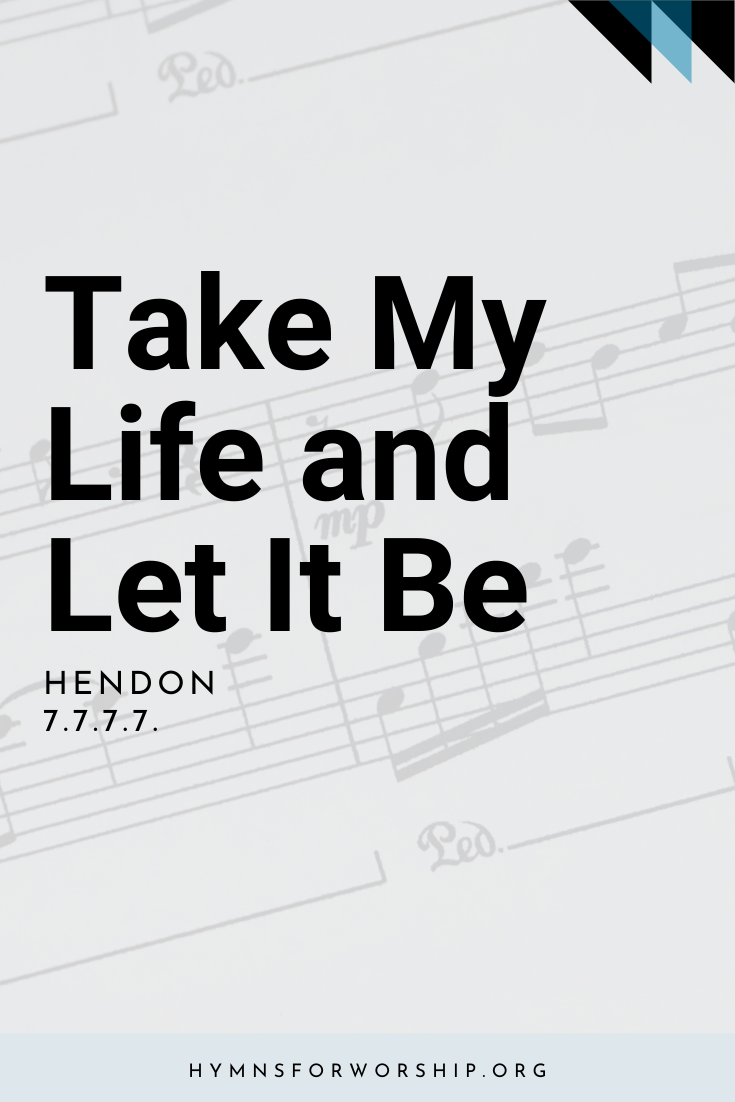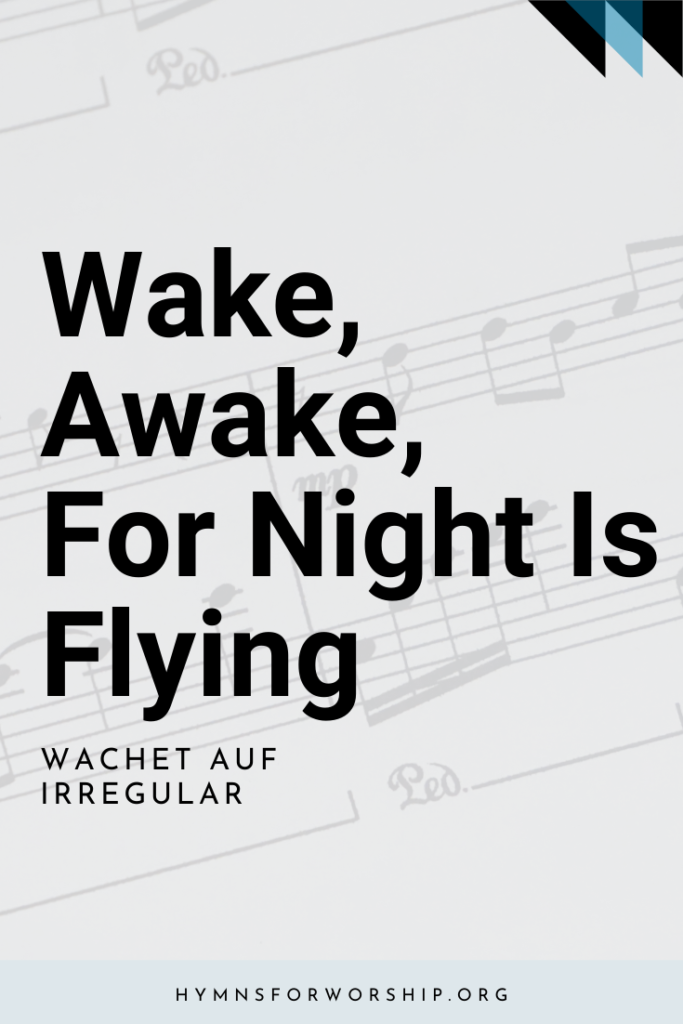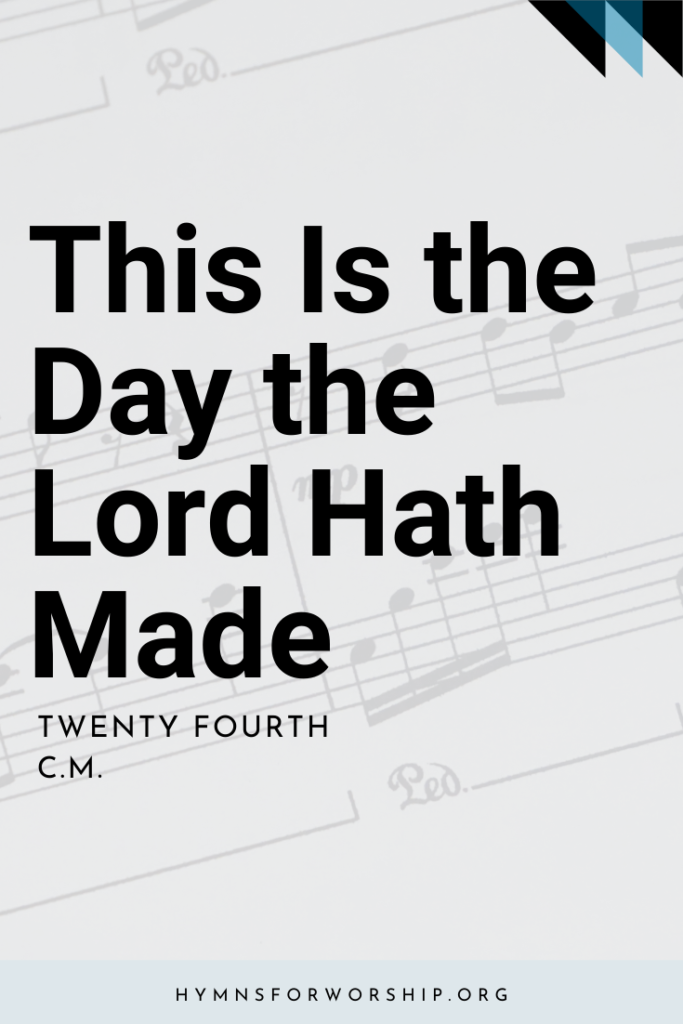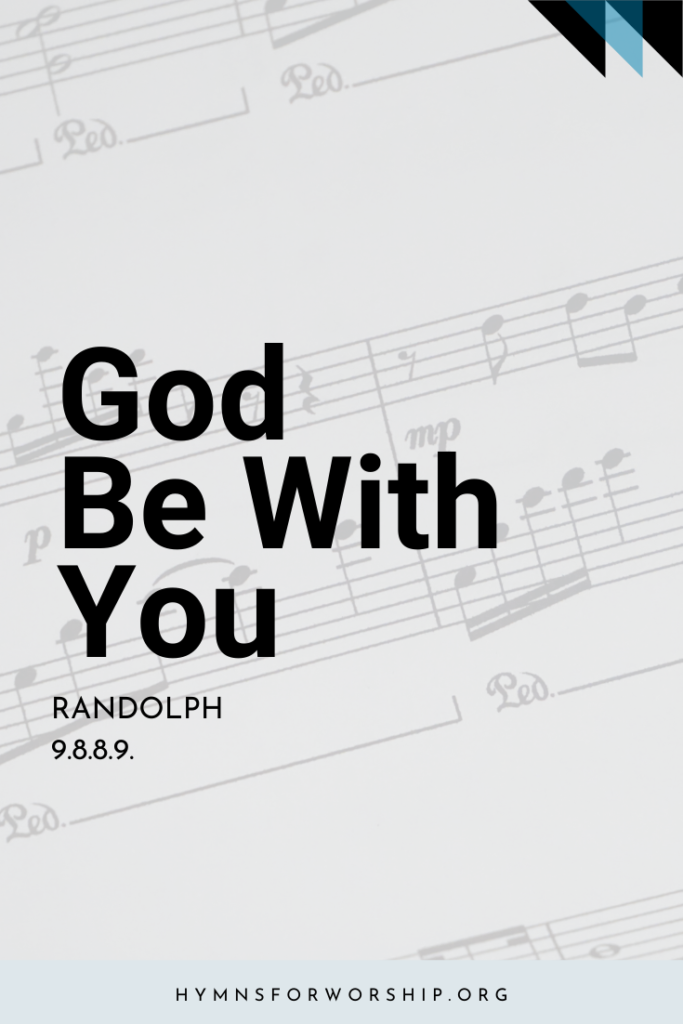GOSPEL >> Consecration
SDAH 330
Take my life, and let it be
Consecrated, Lord, to Thee;
Take my hands, and let them move
At the impulse of Thy love;
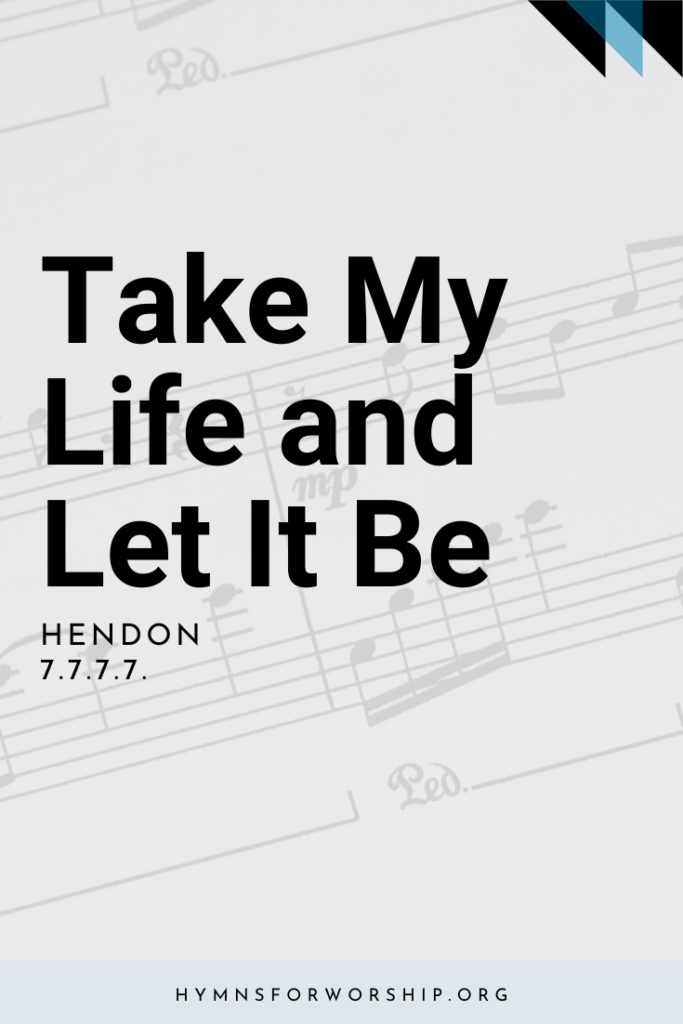

Text
1
Take my life, and let it be
Consecrated, Lord, to Thee;
Take my hands, and let them move
At the impulse of Thy love;
At the impulse of Thy love.
2
Take my feet, and let them be
Swift and beautiful for Thee.
Take my voice, and let me sing
Always, only, for my King;
Always, only, for my King.
3
Take my lips, and let them be
Filled with messages from Thee.
Take my silver and my gold:
Not a mite would I withhold;
Not a mite would I withhold.
4
Take my will, and make it Thine,
It shall be no longer mine;
Take my heart, it is Thine own,
It shall be Thy royal throne.
It shall be Thy royal throne.
5
Take my love, my Lord, I pour
At Thy feet its treasure store;
Take myself, and I will be,
Ever, only, all for Thee.
Ever, only, all for Thee.

Hymn Info
Biblical Reference
(a) 2 Sam 19:30 (e) Matt 22:37
Author
Frances Ridley Havergal (1836-1879)
Year Published
1874
Hymn Tune
HENDON
Metrical Number
7.7.7.7.
Composer
H.A. Cesar Malan (1787-1864)
Year Composed
1827
Hymn Score
Piano Accompaniment
Notes
Get to know the hymns a little deeper with the SDA Hymnal Companion. Use our song leader’s notes to engage your congregation in singing with understanding. Even better, involve kids in learning this hymn with our homeschooling materials.
In late January and early February, 1874, Frances Ridley Havergal (1836-1879; see Biographies) paid a five-day visit to Areley House, London, where 10 other persons were staying. All of them were either unconverted or unhappy, and Havergal was impressed to pray for them so that they might all experience the joy of Christian living. Her prayer was, “Lord, give me all in this house.” The night before her departure, February 4, only two young women had not surrendered their will to the Lord, but after a personal visit from Havergal, they too trusted and rejoiced. By that time it was early midnight, but the answer to her prayer made her so happy that she could not sleep. She spent most of the night in praise and reconsecration of her own life, and these couplets, eleven of them, formed in her mind. They were published in her Loyal Responses 1878, but a twelfth couplet appeared in Charles B. Snepp’s Song of Grace and Glory, 1874, appendix, which makes the hymn now 12 stanzas of two lines each, suitable for six-stanza, four-line hymn of meter 7.7.7.7. Havergal had assisted Snepp in compiling his 1872 edition, which contained some of her poems, so the twelfth couplet is presumably her own composition. The two couplets omitted in SDAH are Nos. 2 and 8. In SDAH, stanza 4, line 3, the word is is italicized in the original, and in stanza 5, line 4, only is in italics and all is in capitals.
Havergal’s own title for the hymn was “Self-consecration to Christ,” based on the statement by the humble Mephibosheth, “Yea, let him take all” (2Sam. 19:30). Later, Havergal wrote concerning the hymn: “That couplet, ’Take my silver and my gold, Not a mite would I withhold,’ does not mean that because we have 10 shillings in our purse, we are pledged to put it all into the next collecting plate, else we should have none for the next call! But it does mean that every shilling is to be, and I think I may say is, held at my Lord’s disposal, and is distinctly not my own.” The whole hymn can be summed up in the words of our Lord Himself in His reply to the lawyer’s question about the great commandment: “Thou shalt love the Lord thy God with all thy heart, and with all thy soul, and with all thy mind” (Matt.22:37).
The hymn was invariably sung by her father’s tune PATMOS, and it was hoped that, as in early publications associated with Havergal, this tune and her words would be associated. However, there have been other tunes, the particular one in SDAH being HENDON, composed by Henri Abraham Cesar Malan. Born in Geneva, Switzerland, on July 7, 1787, he became a brilliant preacher in the Reformed Church. He built a chapel on his own property and preached there 43 years, and composed more than 1,000 hymn tunes and texts. He lived for some time in London, of which Hendon is a northern suburb, and died in Switzerland on May 18, 1864. Malan is considered one of the great names in the history of French hymns.

